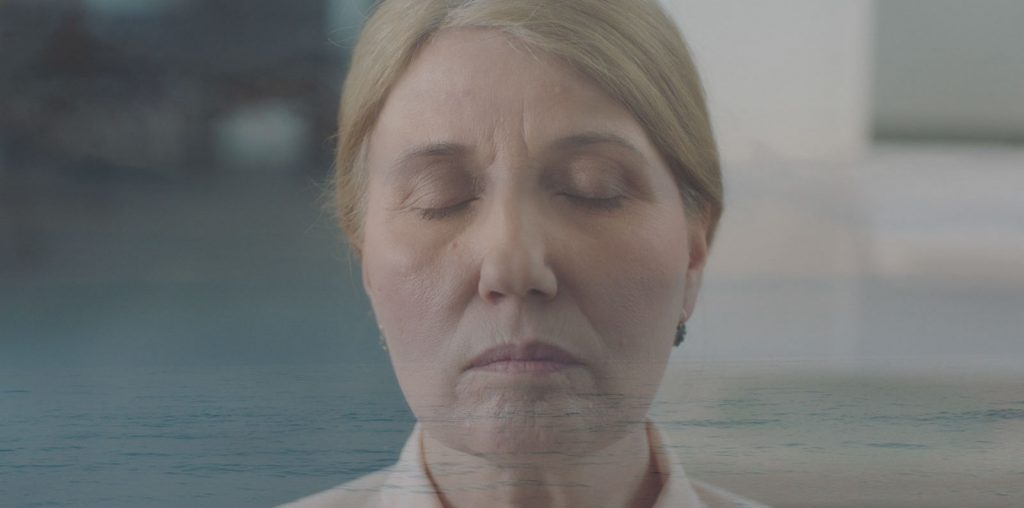
If “The Wind Rises” is indeed Hayao Miyazaki’s final film (and it seems that way), then it might be the perfect note on which to end his career. It’s a lyrical tale that fictionalizes the personal life of Jiro Horikoshi, who designed Japan’s infamous Zero fighter plane but did so out of love for the art of wonderful aircraft design. Themes of passion and loyalty, and how far one should go in pursuit of both, run through the story, but they never demand that the viewer think a specific way about them.
The film opens on Jiro as a child, whose poor eyesight will always keep him from realizing his ambition of becoming a pilot. However, he meets the Italian aircraft designer Giovanni Battista Caproni in his dreams and is inspired to design planes. Seven years later, he is on his way to Tokyo Imperial University when the Kanto earthquake of 1923 strikes. He meets a young woman named Nahoko during the aftermath but leaves without revealing his name.
Jiro later works for Mitsubishi and befriends Kiro Honjo, who is based on another real aircraft designer. The pair travel to Germany, where they conduct technical research into that country’s more advanced planes and witness the ruthless techniques of the Gestapo. Several years pass and he meets Nahoko again; they fall in love, but she has tuberculosis and won’t marry him until she’s better.
As World War II begins to rage, Jiro finds himself a target of Japanese authorities because of his friendship with a German visitor who is critical of the Nazi government. His supervisor hides him and he continues his work, seeking the breakthrough that he hopes will produce a fast, nimble fighter plane for the Japanese military. Caproni revisits his dreams, encouraging Jiro to continue his work despite the designer’s reservations about the planes being used for war. Meanwhile, Nahoko’s health continues to fade, and Jiro finds himself juggling competing passions.
“The Wind Rises” is among Miyazaki’s more adult films, but it refrains from displays of gore, instead showing us a burning city from afar or a field littered with downed aircraft. The scenes are eerily silent, except for music, which gives them more impact than if we saw corpses and injured people crying for help.
It’s also a movie that asks us to hold competing ideas in our heads: Is the pursuit of perfect aircraft design worth it if those planes will be used to drop bombs and strafe people? Like any great film, “The Wind Rises” does not answer the questions it raises, leaving the viewer to wrestle with them after viewing. Jiro’s observation that none of the Zero planes returned home is particularly jarring.
Like Miyazaki’s other movies, this one comes to us with a dubbed cast of English voices, although unlike many of his other home video releases, you can opt for the Japanese version with English subtitles. (I admit I’m not sure how many of his home video releases have Japanese soundtracks, but they’re not found on the several discs I own.)
The English actors turn in solid performances, although John Krasinski, who plays Kiro Honjo, sticks out like a sore thumb — He doesn’t put a different inflection on his voice, so every line feels like Jim from “The Office” is about to make a snarky comment to Dwight. He seemed like a “flavor of the month” casting decision, someone who was chosen because he had name recognition, despite the fact that he couldn’t lose himself in the role like William H. Macy, Mandy Patinkin, and others could. Even Martin Short, who has a long history of playing manic characters, put enough spin on his voice as Jiro’s manic boss Kurokawa that a vision of him didn’t leap out in my mind every time he spoke.
Most of the English cast shows up for “Behind the Microphone,” which features them predictably praising Miyazaki and talking a bit about their characters. Gary Rydstrom, who directed them, also chats about his approach.
The rest of the bonus features include: The entire storyboard version of the movie; original Japanese trailers and TV spots; and an 82-minute press conference with Miyazaki, Hideaki Anno, who plays Jiro in the Japanese version, and Yumi Arai, who supplied the theme song. It would have been nice to also have a retrospective of Miyazaki’s career, since this is his final film, but I suppose that warrants its own release, given how prolific he was and how many people he influenced, including Pixar’s John Lasseter.
This release also includes a DVD with the movie and the “Behind the Microphone” featurette.
